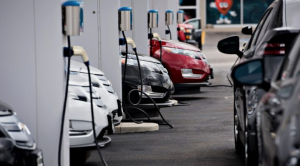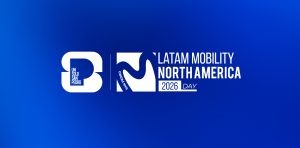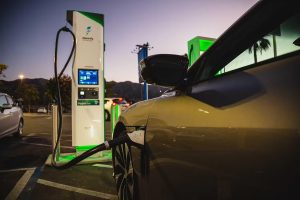
Autel, Blink Charging, Enel X Way, Enerlink and EPM Set to Lead the Electromobility Transition in Latin America
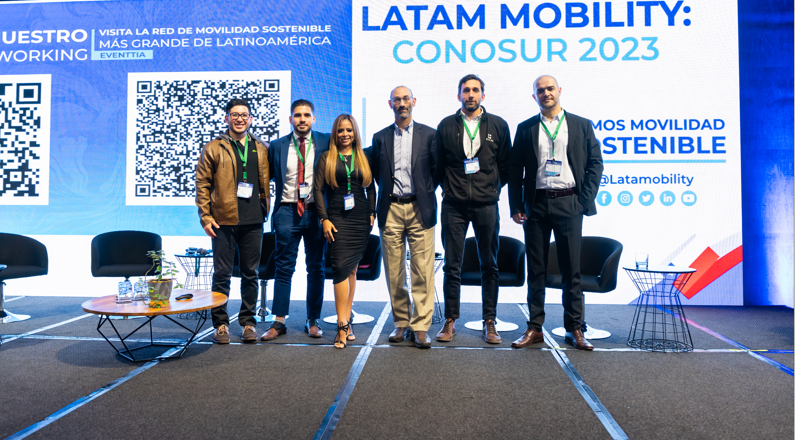
The evolution of charging infrastructure in Latin America is becoming increasingly evident, with the emergence of more companies and high-end technological solutions to strengthen the ecosystem.
In that sense, the “Latam Mobility: ConoSur 2023”, was the venue for the conference “Current trends and perspectives for the development of charging infrastructure for electric vehicles”.
One of the companies that is rapidly entering the Latin American market is Autel, with extensive experience in the United States, Asia and Europe.
Read also: Autel Expands Robust, Forward-Looking Freight Technology in Latin America
During the Latam Mobility meeting, Sergio Israel Martínez, Senior Engineer EV lead at Autel, explained the transition the company has undergone to adapt to market demand for electric mobility.
“We lead the automotive market with best-selling scanners in the United States, but we started to realize the revolution that was shaking electromobility and started selling scanners for electrified cars and now chargers,” he said.
He specified that the company specializes in integral solutions in terms of hardware, software and service. He also stressed that they have a broad portfolio of products to meet the specific needs of each country, ranging from high-power AC and DC equipment.
“We seek to generate synergy and learn from what is being done in Chile. It is a challenge for electromobility to adopt technologies, Autel comes to take part of this ecosystem and make the transition as simple as possible,” concluded Martinez.
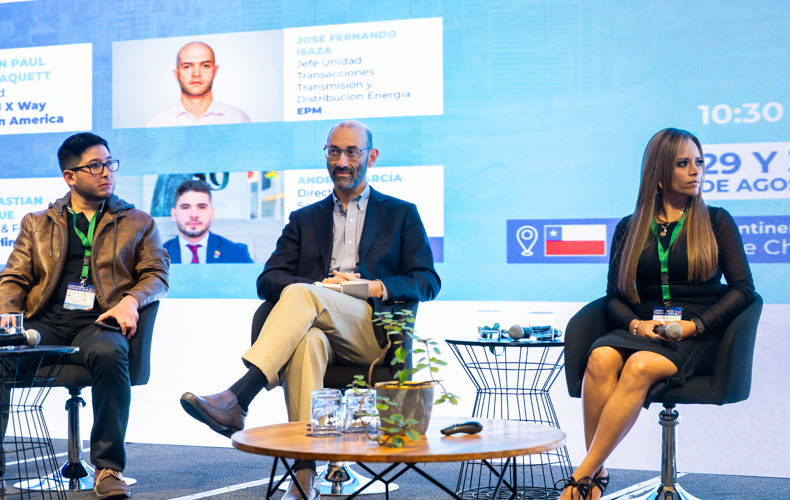
Blink Charging Software
Patricia Baires, Latam Business Development Manager at Blink Charging, highlighted the region’s growth in electric vehicle charging infrastructure and the company’s role as a key player.
“We are a vertically integrated company, owning the technology and software to try to adapt U.S. technology to Latin America,” she said.
He noted that Blink Charging has 73,000 service stations globally, and they seek to evolve with new product developments adaptable to each market.
“We are the maximum reference in chargers in the U.S. market, and that has led us to meet the needs of customers in Latin America,” said Baires.
“Software that allows you to control your charger, to have different rates, are part of the attributes and sophistication of Blink Charging’s operation,” he added.
Baires highlighted the great growth in Chile and pointed out that companies must keep up with the evolution and challenges posed by the electric mobility market.

Enel X Way’s Leadership
Jean Paul Zalaquett, Head of Enel X Way Latin America, highlighted the fundamental role of the company in the exponential growth and pioneering technologies that the company has developed for the massification of electromobility.
“Since 2011 we have been helping companies make the transition to electromobility with the design, manufacture and commercialization of smart chargers,” he explained.
“We install chargers, offer services and have public charging, developing projects that make large-scale electric mobility viable,” Zalaquett detailed.
Among the great success stories of Enel X Way, the executive highlighted the operation with the first 100 electric buses that arrived in Chile and the charging infrastructure for Uber fleets.
He assured that Latin America has nothing to envy to other regions with respect to pioneering technology for the development of electric mobility.
“Latin America is a powerhouse in electromobility. Outside of China, between Colombia and Chile, we are number one in logistics, few cities in the world have the luxury of seeing the number of electric vans that there are in Santiago. We show the world how we can go faster,” concluded Zalaquett.

EPM and Regional Reach
José Fernando Isaza, Head of the Energy Transmission and Distribution Transactions Unit of Empresas Públicas de Medellín, highlighted the company’s wide reach in sustainable mobility.
“We are 50 companies that provide domestic public utilities, generation, distribution and commercialization of energy, solid waste management, sustainable mobility in Colombia, Chile, Guatemala and Mexico,” he said.
Isaza emphasized that Empresas Públicas de Medellín has the vision to keep strengthening its impulse in sustainable mobility, an area in which, he assures, they have been working for approximately 25 years with the integrated service of Metro de Medellín and exploring with Natural Gas Vehicles.
He assured that in order to massify electromobility it is essential to structure ecosystems, since a single actor does not allow it to be carried out.
EPM‘s executive considers that hydrogen will be the energy that will govern transportation in the long term.
The Rise of Enerlink
After its successful participation in Latam Mobility held in Medellin, Enerlink joined the tour of the largest sustainable mobility community in Latin America in Santiago de Chile.
Sebastian Luque, CEO & Founder of Enerlink, highlighted the vital role of technology for the evolution of charging infrastructure in Latin America. “We are a technology and services company that delivers solutions to companies to better manage energy and smart charging solutions,” he said.
“We offer two solutions: a charging software for electric fleets that seeks to solve challenges, minimize charging costs, increase battery life, digitize the entire operation and other benefits.
The other is a software and mobile app for public charging and an administration platform that seeks to improve the public charging experience,” he explained.
Luque detailed that Enerlink currently manages more than 500 charging points, with 50 megawatts managed. “We manage the charging of 600 electric buses in Chile and Colombia, we have a project in Peru and we will enter Mexico at the end of the year.”
“We are convinced that electromobility is the future, it is going to happen. The question is how fast the transition will happen and how we can help make it happen. our answer is through charging technology,” he concluded.




